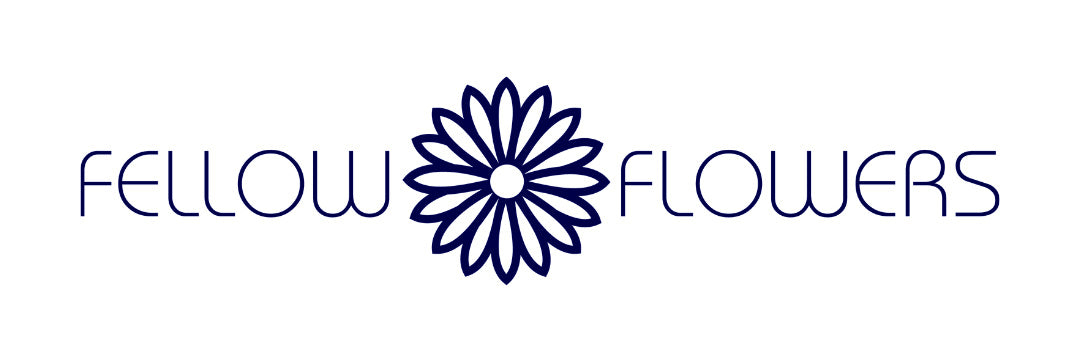As this year’s relatively mild Midwest winter began to give way to spring, Holly Visser felt excited.
Like many runners, she was taking advantage of the weather by logging miles and eagerly anticipating the start of race season. And she was confident that this would be the year her race, Gazelle Girl, would reach a major milestone: seeing more than 4,000 women participate in the 5K, 10K and half marathon.
“This training year has been so great, and we thought this would be the year to break that record,” she says.
Instead, like many race directors across the country, Holly had to make the heartbreaking decision to shift Gazelle Girl from a high-spirited community event in downtown Grand Rapids, Michigan, to a virtual race due to the COVID-19 pandemic.

“The tears kept coming in waves as I drafted the message,” says Holly, who raced Gazelle Girl every year until becoming the director in 2017. “I kept thinking of women for whom this was going to be their first half marathon, or their first road race. I kept thinking of our pacers. I just could not believe that I will not be standing at that finish line hugging those ladies.”
Knowing that Gazelle Girl not only kicks off race season for many women, but has also created a community over the past eight years, Holly made the commitment to communicate as early and as transparently as possible. On March 14, just over a month out from the April 19 race, Holly shared the news.
A challenge has been explaining all the moving parts that go into producing an event of this scale — if you’re not a race director, you likely don’t know about all the factors and how different streams of income pay for certain elements at specific times. And you may not understand how deferring a race entry to a later year can hurt an event.
“We had over 1,500 registrations defer,” Holly says. “The problem is you rely on those registration dollars up front until the sponsorships come in. And then my goal is always to give all registration money to our charity partners.”
What’s most helpful to races shifting to virtual events is for runners to participate this year. It allows organizations to survive and hopefully return with in-person events next year.

“People from all over can participate in our virtual race, and every single registration makes a difference,” Holly says. “Women know Gazelle Girl for the spirit that it is, and many say this is their favorite race. If it is, please come out and support us.”
For those who do run Gazelle Girl virtually this year — which they can do anytime through April 19 — Holly is doing everything she can to ensure it’s the excellent experience that past participants expect.
“Our shirts and our medals this year kick ass,” Holly says of the New Balance tech shirt and medal design she worked on all summer.
And runners can listen to inspiring in-run audio messages via the Motigo app, thanks to a partnership between Gazelle Girl and Fellow Flowers, and share their finishes on social media using #runwhereyouare.
In a time when so much has changed, Holly appreciates being able to offer her runners a semblance of normalcy through the virtual race. “I’ve poured my heart into these ladies, and I want so desperately to have this space for them,” she says.

Her goal now is for Gazelle Girl to hold on and come back stronger than ever with an in-person race on April 18 next year.
“If I can be that hopeful, it will be the year of all years,” Holly says. “Many of us in event planning think about the symbolic years — the fifth year, the tenth year. I’m losing my eighth year. And so if I get to come back for my ninth year, you better bet it will be the best ever.”
Holly can only imagine what it will feel like to gather with her community of runners and cheer them on, from the start to the finish, where she’ll be waiting for a hug.
“I’m always at the finish line,” she says, “from the start to the end.”
– Katie Vaughn
